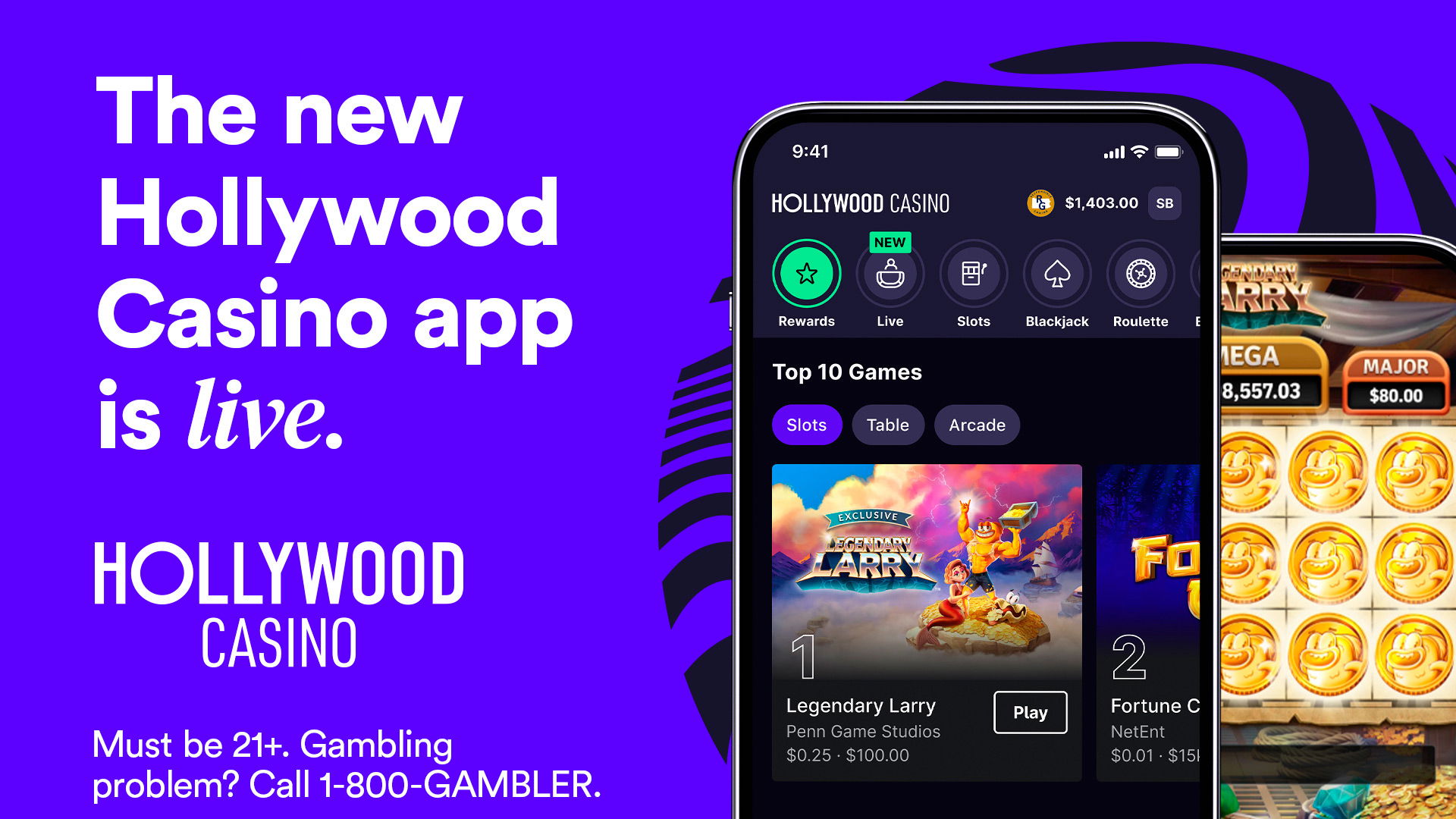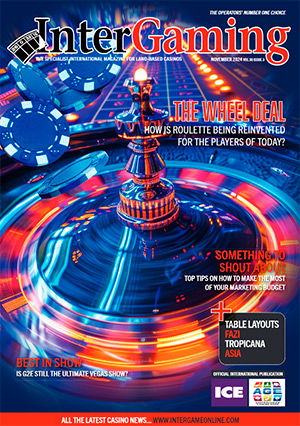Germany: Govt. report points to increase in gambling addiction, fueling calls for advertising bans

The report also points to the COVID-19 pandemic as an aggravating factor, creating ideal conditions for gambling addiction due to social isolation and the financial pressures faced by many.
Particular focus was given to live sports betting, especially in football. The prevalence of betting advertising in live sports events and partnerships between major betting companies and football entities - such as BWIN's association with the German Football Association (DFB) - were highlighted as potential factors contributing to the problem.
Burkhard Blienert
"When you call up the Bundesliga results on your smartphone, you're immediately confronted with offers from sports betting companies," Drugs Commissioner Blienert told DW, warning of the dangers of trivializing gambling by associating it with live sports, and calling for tighter restrictions.
"When young people are tempted into gambling via seemingly harmless games, then something isn't right," he said, calling for a ban on gambling advertising on television before 11 pm.


















































